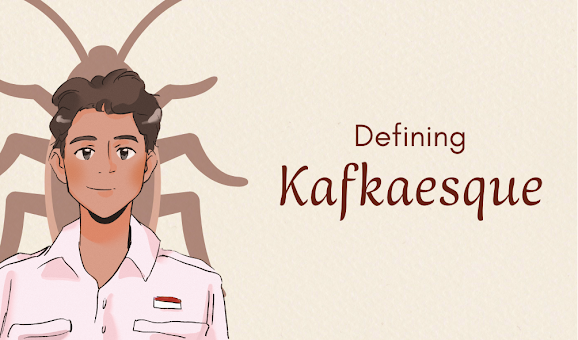Fatwa
What Is Fatwa?
'Fatwa' is an Arabic term that refers to a formal ruling that is typically issued as a response to questions or concerns raised by individuals or communities who seek guidance related to religious, ethical, social, or legal matters. The interpretations are then made through the Islamic law and are given by qualified Islamic scholar or jurist (also called, mufti). The ultimate motive is that the decision is made or actions are taken in accordance to the Islamic principles.
Fatwas have had an important role in the Islamic history and proved to have taken new forms as per the modern times. The rules surrounding it may not necessarily be universally binding, but are important to be abided by those following the particular school of thought or legal tradition of the issuing scholar. The scope and significance of every Fatwa could differ from the other, spanning from everyday guidance to important and stricter declarations.
In the modern times, Fatwas have also made ripples on the social, economic, and political front. For instance, the Fatwa established by Ayatollah Khomeini (or, Ruhollah Khomeini) against Salman Rushdie's work named 'The Satanic Verses' is a prime example. This one has had a profound impact on global consequences. But not every Fatwa is as strong. Most of them, basically, address practical or theological questions within local communities.
The term has been used a significant number of times in the holy Quran, the central religious text in Islam. It was a way of prophet Muhammad to answer the questions of his followers regarding religious and social aspects. Many doctrines have helped in building a three-way communication between Allah (God), Muhammad (the prophet), and the followers (the believers). But, most of the times, as the prophet was taught by the God, the Fatwa doctrine helps with a two-way, simpler, and faster consultation through the relationship with the prophet and the believer.



Comments
Post a Comment